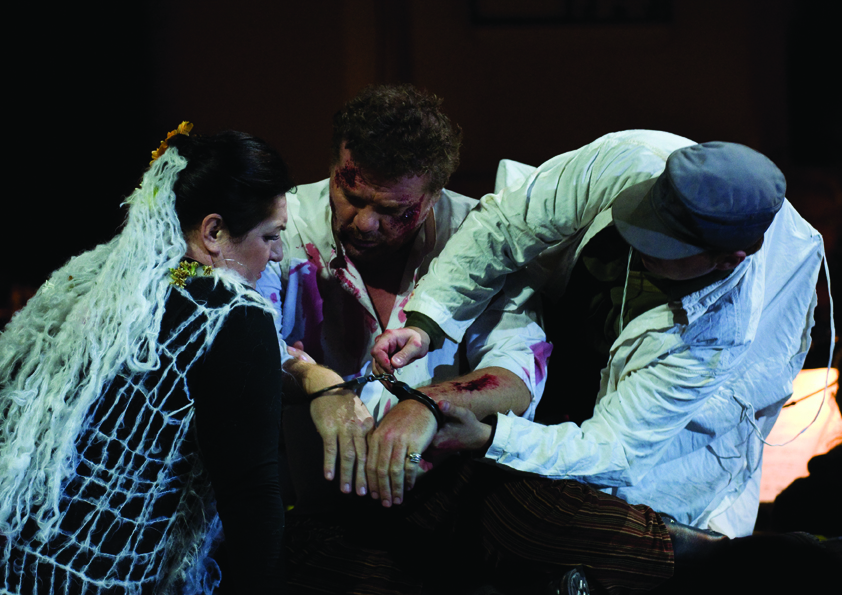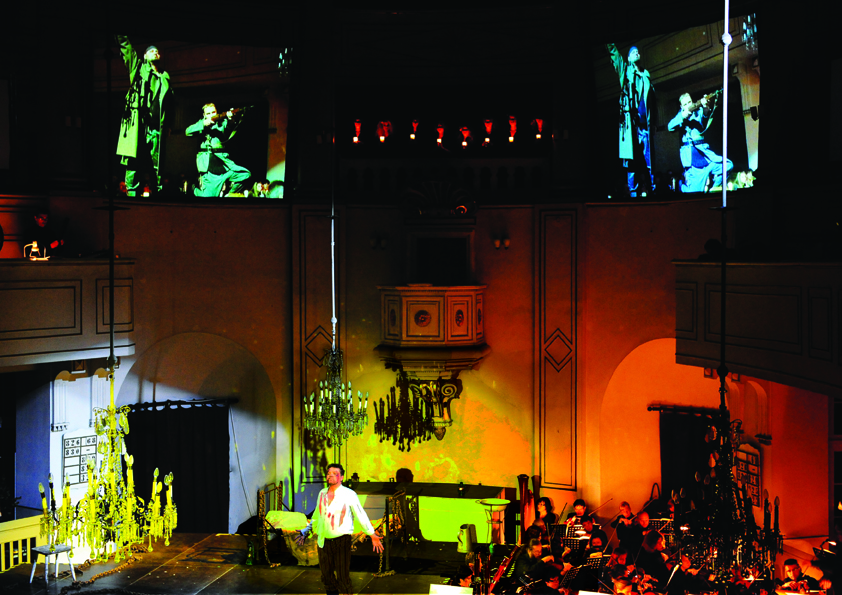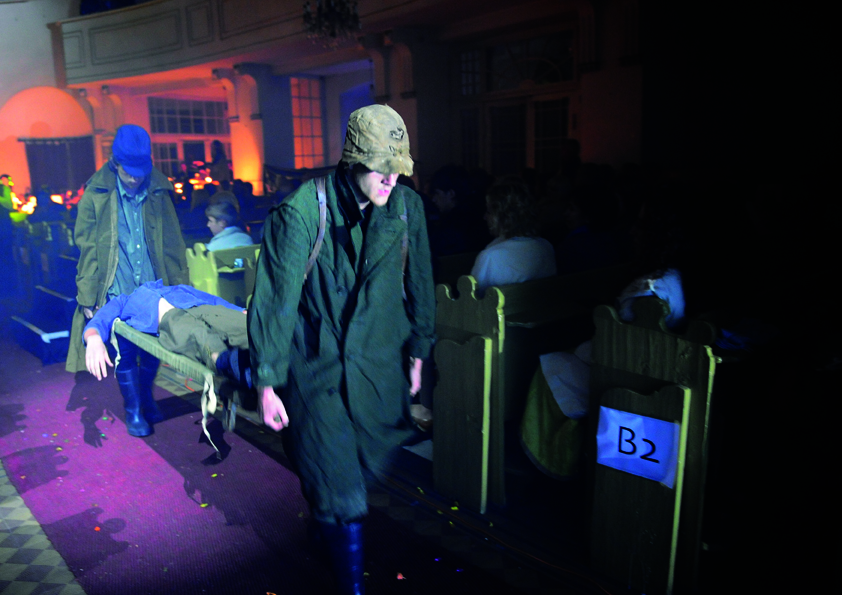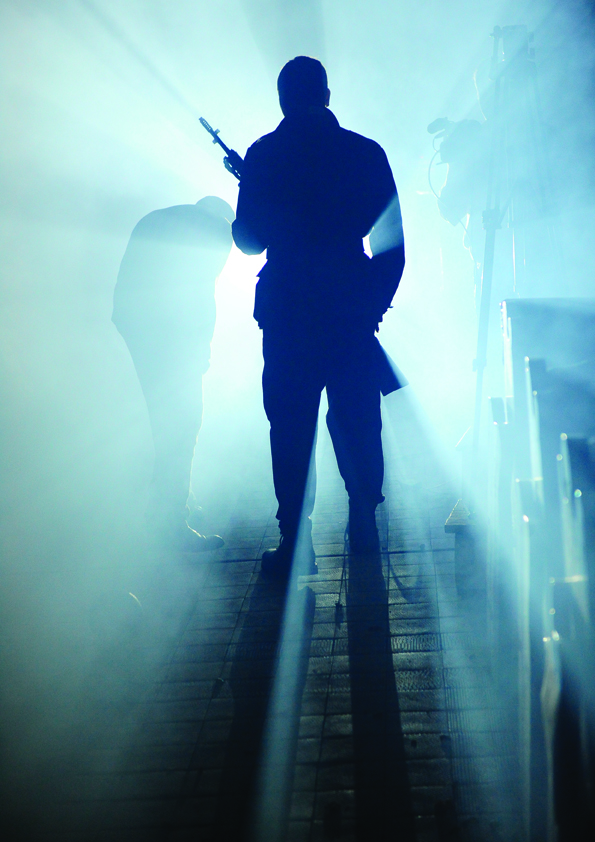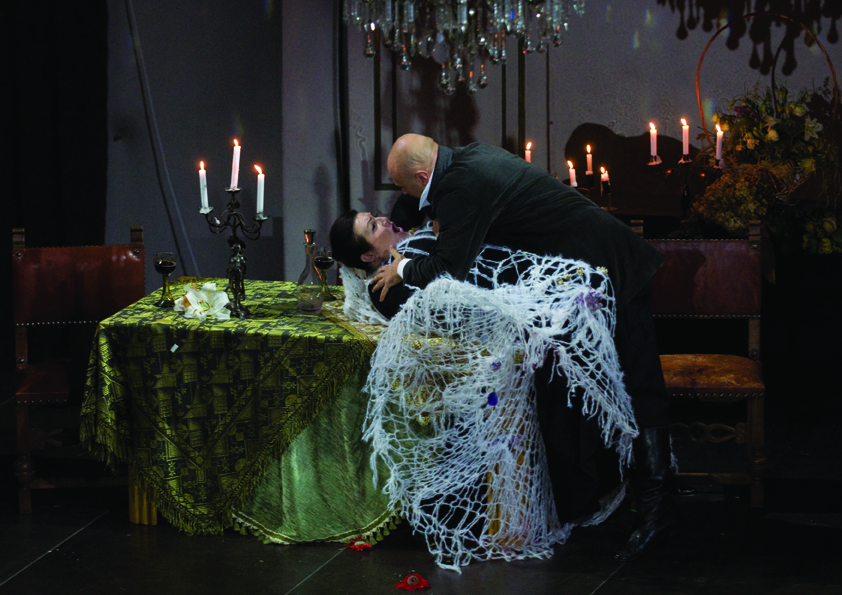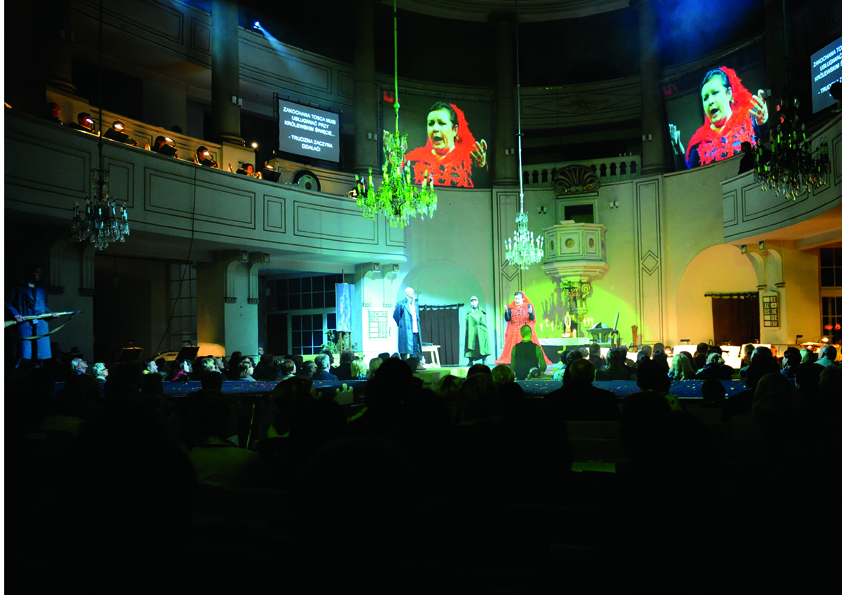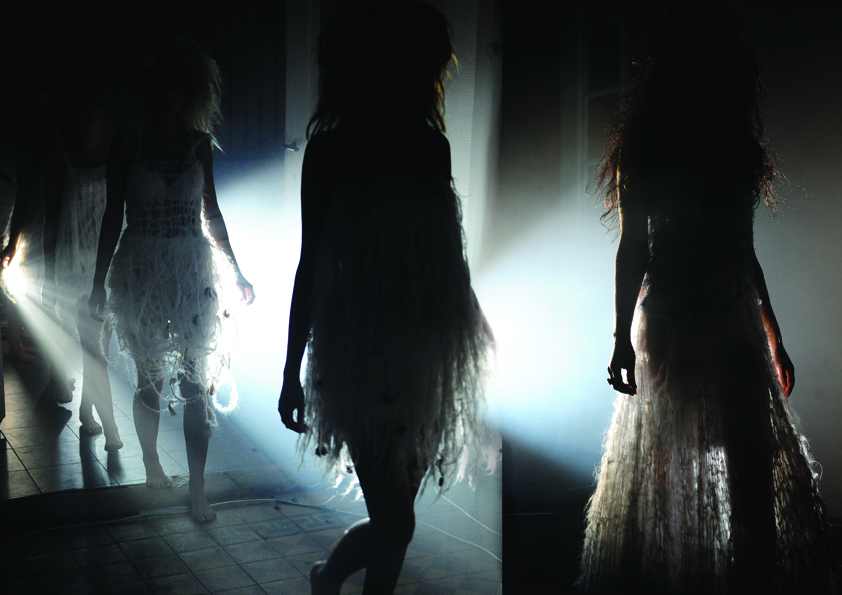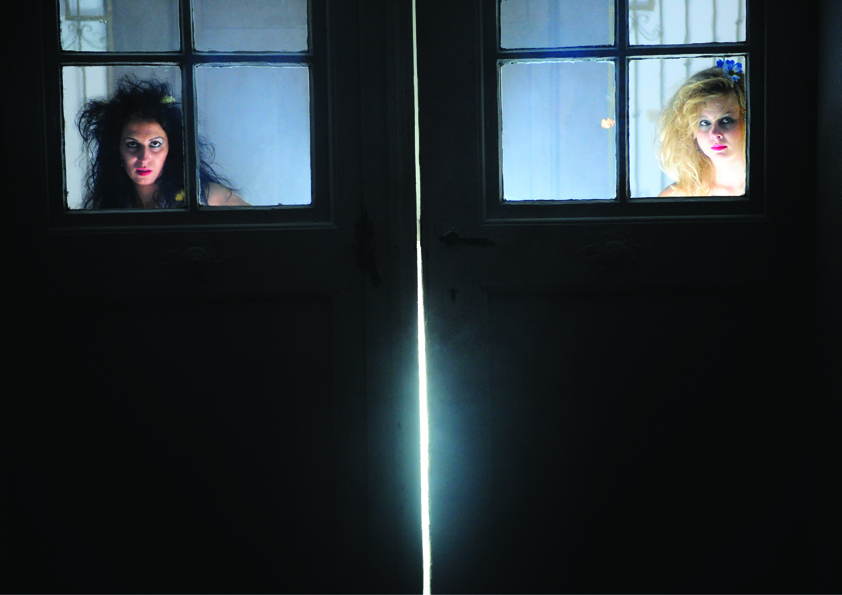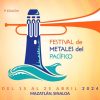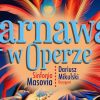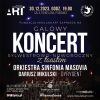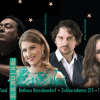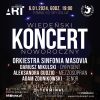12.22.1858 (Luca, Italy) – 11.29.1924 (Brussels, Belgium)
Tosca
Giacomo Puccini
Main performers
- Dariusz Mikulski (Music Director / Producer)
- Anna Długołęcka (Music)
- Barbara Kubiak (Floria Tosca)
- Sylwester Kostecki (Mario Cavaradossi)
Description
Tosca is an opera in three acts composed by Giacomo Puccini. The libretto was written by Giuseppe Giaccosa and Luigi Illica based on the drama La Tosca by Victorien Sardou. The premiere took place on January 14, 1900 in the Teatro Costanzi in Rome, today’s Tetro dell’aOpera di Roma, under the conductor Leopoldo Mugnone. The German-language premiere at the Semperoper in Dresden followed on October 21, 1902. The premiere at the Deutsches Opernhaus Berlin under the direction of Ignatz Waghalter on May 20, 1920 was also significant for the history of reception in Germany.
Contrary to popular belief, Tosca’s subject is not historical. Rather, the characters and plot are fictitious. The background against which the plot develops is historically determined.
In February 1798, during the Second Coalition War, French troops had conquered the Papal States and established the Roman Republic (Cesare Angelotti is the former Consul of the Republic in Tosca). After the victory of the Russo-Austrian coalition forces at the Battle of the Trebbia (June 19, 1799), the French withdrew from Rome; on September 30, 1799, the Neapolitan army under King Ferdinand IV invaded Rome. As in Naples, representatives of the former republic were subsequently subjected to bloody acts of revenge and persecution (Angelotti was imprisoned in the Castel Sant’Angelo).
In France, Napoleon Bonaparte took over the government as First Consul with the coup d’état on November 9, 1799. After the coalition rejected an offer of peace, he began a campaign against Austria in the spring of 1800 and crossed the Alps to northern Italy with his army in May 1800. On June 14, 1800, the battle of Marengo took place in Piedmont between the troops of France and Austria. Around noon the Austrians stormed Marengo and the French had to retreat (that is why – two days later – in Act I of Tosca the victory over Napoleon is reported); however, in the afternoon, the French were able to turn the battle around and finally defeat the coalition forces (news of the coalition defeat on the evening of June 16 in Act 2 of Tosca).
The Waldenburg Tosca production plays the dramaturgy in the Evangelical Church. Anna Długołęcka – the director uses the historical ambience of the church to present the dramaturgical background of the opera as precisely as possible. She also uses the energy and potential of younger generations and numerous extras to possibly bring the opera closer to the audience. In addition, the live cameras and screens ensure that everyone who came to see all the details of the action up close. The orchestra of the Filharmonia Sudecka under the direction of Dariusz Mikulski plays precisely and very dynamically. The main actors – Barbara Kubiak (Tosca) and Sylwester Kostecki (Cavaradossi) provided the highest dramaturgical and vocal level. All together made the production an unforgettable event.
Producers and main actors
Dariusz Mikulski – Music Director / Producer
Anna Długołęcka – Director
Barbara Kubiak – Floria Tosca
Sylwester Kostecki – Mario Cavaradossi
Adam Woźniak – Baron Scarpia
Bartłomiej Urbanowicz – Cesare Angelotti
Czesław Gałka – Sakristan
Bartłomiej Szczeszek – Spoletta
Orchestra of Filharmonia Sudecka



